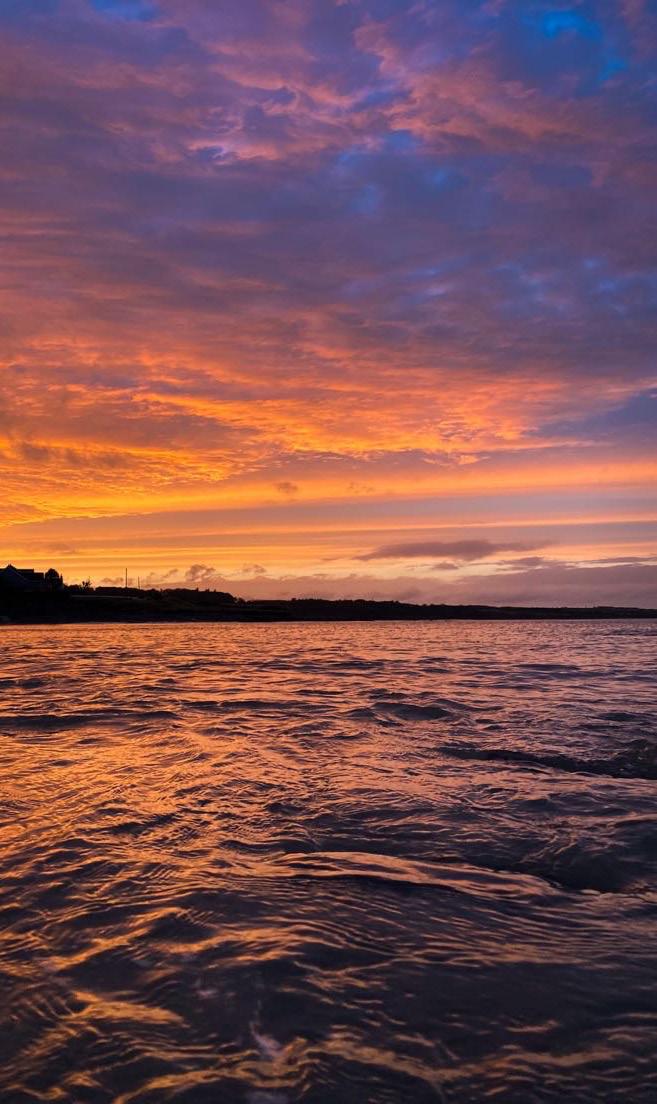Page 3
Foreword
The Eagle: Environmental Issues Foreword by Trinity Professor, Dr. Suryapratim Roy In the last issue of The Eagle, my colleague Neville Cox suggested that dark times notwithstanding, 2020 was one of the best years of his life. He correctly pointed to the resilience and enthusiasm of the law school community, its students and staff. It’s rare to be part of a crowd that makes the best of a situation. There’s something else I’ve been noticing among our students that I need to mention. They’ve figured out how to look into the abyss, and rather than give in to it, pick out the unsanitised bits, and turn them into scholarship. There is a temptation in these times to give in to banality. We can passively consume disembodied statistics, while the virus actively chips away. Our students are not passive consumers. In our dissertation module on Emergency Law, some of the questions being posed are: Do emergency laws create permanent constitutional change? Given that the Rule of Law requires certainty and planning, is it useful for altered social conditions? Can the judiciary step in when there is executive under-reach in responding to a crisis? Does the unconvincing jurisprudence on derogation from human rights point to more fundamental problems with human rights? What are the invisible forms of structural discrimination that have become evident in the last couple of years? There’s something so very refreshing in grafting visibility onto the latent. We don’t normally worry about trafficking of exotic meat and merchandise, until they have a role in a pandemic. And the pandemic as we know affects some people more than others. This is true for the slow and unequal violence of climate change – accumulation of capital, formation of nation-states, colonial encounters, and wars led to ecological change, which contributes to respiratory diseases and drought. And in turn, the impact would be greater in places that have compromised air quality or water shortage. Things we don’t think about are potent, and unequally so. To understand how people can do evil without being evil, Hannah Arendt was interested in the banality of evil. To understand why the law school thrives in a pandemic, we could paraphrase Arendt and say: our students have a knack for grasping the evils of banality.
“We don’t normally worry about trafficking of exotic meat and merchandise, until they have a role in a pandemic. And the pandemic as we know affects some people more than others. This is true for the slow and unequal violence of climate change.”




















